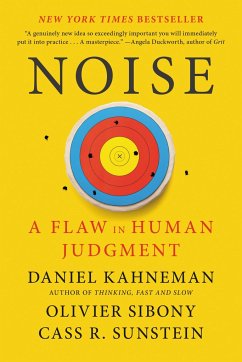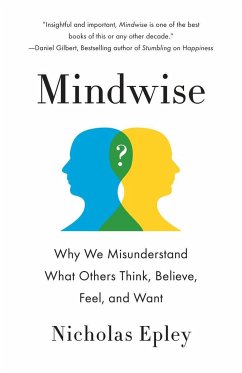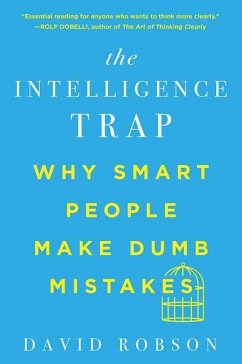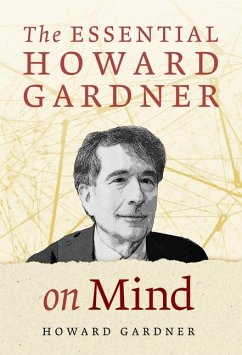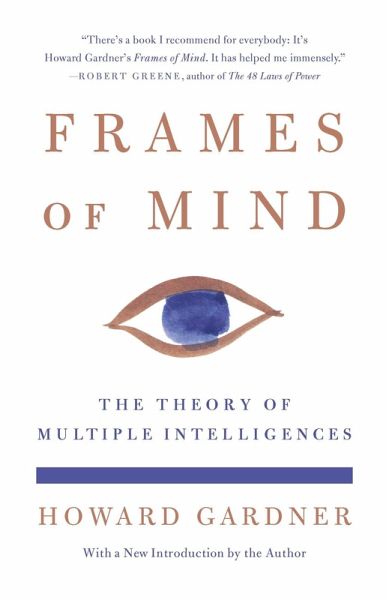
Frames of Mind
The Theory of Multiple Intelligences
Versandkostenfrei!
Erscheint vorauss. 7. April 2026
16,99 €
inkl. MwSt.
In this “brilliant” (New York Review of Books) and groundbreaking classic, a leading psychologist argues that there are many human intelligences When we call someone “intelligent,” we are often referring to traits like their high SAT score, their performance on an IQ test, or their ability to perform in today’s schools—which prioritize linguistic and mathematical abilities. Traits like these underlie most popular and psychological understanding of intelligence—but they tell a very incomplete story. In this revolutionary classic, now updated with a new introduction, psychologi...
In this “brilliant” (New York Review of Books) and groundbreaking classic, a leading psychologist argues that there are many human intelligences When we call someone “intelligent,” we are often referring to traits like their high SAT score, their performance on an IQ test, or their ability to perform in today’s schools—which prioritize linguistic and mathematical abilities. Traits like these underlie most popular and psychological understanding of intelligence—but they tell a very incomplete story. In this revolutionary classic, now updated with a new introduction, psychologist and educator Howard Gardner offers a dramatically different account: that by limiting our understanding of intelligence to “school smarts,” we miss the impressive range of talents and aptitudes that characterize the human species. Gardner instead posits the revolutionary theory of multiple intelligences, which encompasses musical ability to physical dexterity to deep knowledge of other persons—and of oneself—each of which merits the label “intelligence.” In a penetrating update, Gardner’s Frames of Mind celebrates all forms of intellect—the varieties found in various animal species, plants, and ever-more powerful instruments of artificial intelligence.




